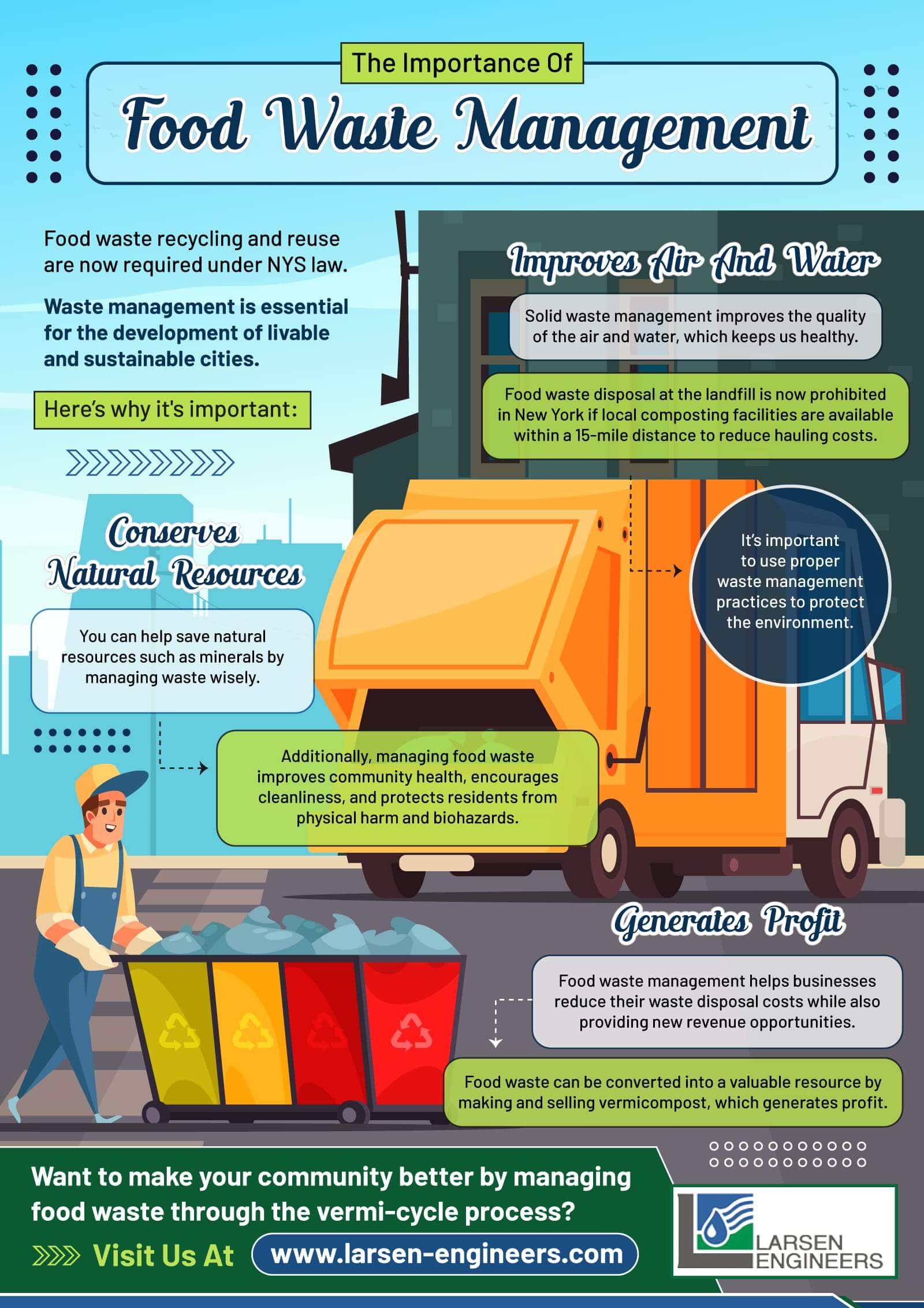Things about Reclaim Waste
Things about Reclaim Waste
Blog Article
The Ultimate Guide To Reclaim Waste
Table of ContentsReclaim Waste - QuestionsWhat Does Reclaim Waste Mean?Reclaim Waste Can Be Fun For AnyoneThe 30-Second Trick For Reclaim WasteThe smart Trick of Reclaim Waste That Nobody is Discussing
Residential sewage waste refers to the waste and items from a residential septic container. The appropriate administration and disposal of residential sewage waste call for fluid waste to be transferred to a sewer treatment plant where the appropriate techniques and devices are applied to detoxify and dispose of waste.
Industrial waste commonly consists of possible threats, such as flammable products or a mix of liquid and solid waste products, and requires an advanced and in-depth disposal procedure. The disposal of business waste normally entails the filtering of waste before transport to make sure secure and correct disposal. Hazardous waste is produced from byproducts and drainage of commercial procedures and production.
This type of waste can not utilize the exact same sewage administration transportation or processes as septic or commercial liquids. The hazardous waste monitoring procedure requires the examination and testing of fluid waste prior to it goes through the disposal procedure (liquid waste disposal melbourne). Drainage waste is the liquid waste that comes from runoff and excess stormwater in highly inhabited areas or cities
Overflow waste can cause contamination and flooding if not handled effectively. Making certain proper waste management can protect against calamities and minimize ecological harm.
The Definitive Guide to Reclaim Waste
Get in touch with PROS Services today to discover regarding our waste administration and disposal solutions and the appropriate ways to take care of the liquid waste you create.
(https://writeablog.net/reclaimwaste1/reclaiming-resources-a-comprehensive-guide-to-industrial-wastewater-treatment)Do you understand what takes place to your water when you end, flush the toilet or drain the cleaning maker? No? Well, it's worth knowing. This supposed 'wastewater' is not only a vital resource however, after treatment, will certainly be released to our land, waterways or the ocean. Utilized water from toilets, showers, baths, cooking area sinks, laundries and industrial processes is referred to as wastewater.

water utilized to cool machinery or tidy plant and equipment). Stormwater, a form of wastewater, is overflow that moves from agricultural and urban areas such as roofs, parks, gardens, roadways, courses and gutters right into stormwater drains pipes, after rain. Stormwater flows untreated directly to regional creeks or rivers, at some point reaching the ocean.
Not known Factual Statements About Reclaim Waste
In Queensland, a lot of wastewater is dealt with at sewer therapy plants. Wastewater is delivered from domestic or commercial sites via a system of sewers and pump terminals, understood as sewage reticulation, to a sewage therapy plant. City governments construct, preserve and operate most sewage treatment plants. Operators are licensed under the Environmental Protection Act 1994 to release treated wastewater at an appropriate ecological standard right into waterways.
The Division of Natural Resources encourages city governments concerning managing, operating and maintaining sewerage systems and therapy plants. In unsewered areas, local governments may call for owners to install private or home sewer therapy systems to deal with residential wastewater from bathrooms, cooking areas, bathrooms and washings. industrial wastewater treatment The Division of Natural Resources authorizes using household systems when they are shown to be reliable.
Most stormwater receives no treatment. In some new neighborhoods, treatment of some stormwater to remove clutter, sand and gravel has begun making use of gross toxin catches. Wastewater therapy takes place in four stages: Eliminates strong matter. Bigger solids, such as plastics and various other things wrongly released to drains, are gotten rid of when wastewater is travelled through screens.
Uses little living organisms knows as micro-organisms to damage down and remove continuing to be dissolved wastes and fine particles. Micro-organisms and wastes are integrated in the sludge.
Excitement About Reclaim Waste
Nutrient elimination is not available in any way sewer treatment plants due to the fact that it calls for expensive specialised equipment. It is becoming a lot more common in Queensland. Clear liquid effluent produced after treatment may still consist of disease-causing micro-organisms. If this effluent is released right into rivers such as rivers or the sea, the micro-organisms will at some point die out.

This typically means wastewater has actually to be dealt with or pollutants eliminated before it can be released to waterways. A lot of wastewater flows right into the sewage system. Under the Act, regional governments provide authorizations and permits for ecologically relevant activities (Ages) including wastewater releases that might have a local influence. The department carries out authorizations and licences to Ages involving wastewater launches that may have a local or statewide effect.
The Ultimate Guide To Reclaim Waste
Or else, examples are considered laboratory evaluation. Commonly many tests are required to develop the degrees of each of the various pollutants such as oils, heavy metals and pesticides in water. Surveillance gives factual info concerning water quality and can confirm that permit conditions are being satisfied. The info acquired via surveillance provides the basis for making water high quality choices.
Report this page